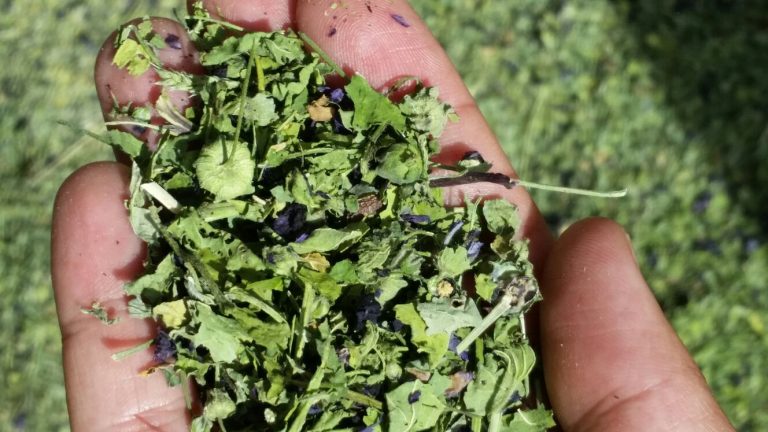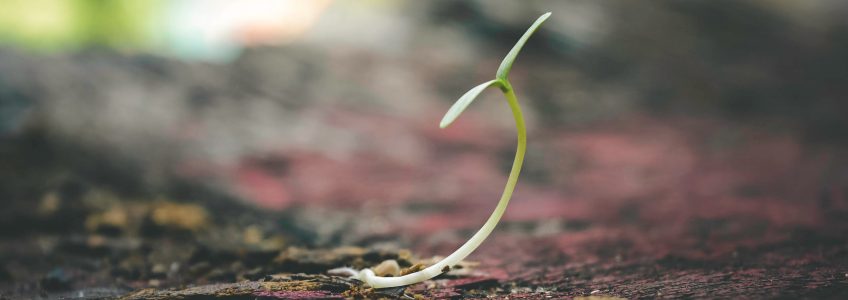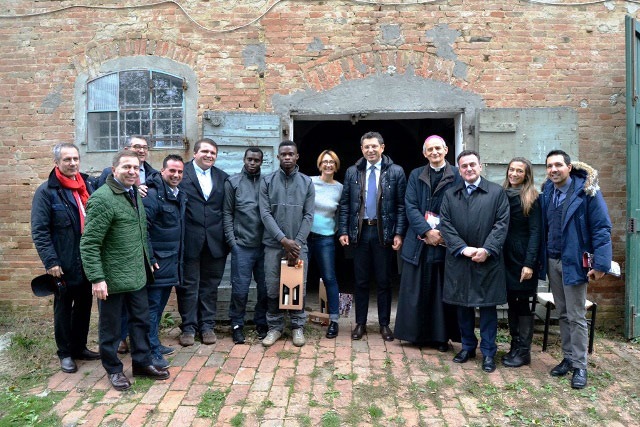The Social Farm Model aims at starting and developing small agricultural businesses based on the Grameen method to meet the economic, environmental and social needs of the territory and counteract the problem of depopulation of rural areas.
How? Through:

As we know, the phenomenon of depopulation causes the weakening of economic activities – such as agriculture, farming and tourism – which in rural contexts find their most natural vocation. It also exposes the area to environmental hazards (fires, hydrogeological instability, landscape negligence) affecting the entire community. Lastly, from a social point of view, depopulation makes certain essential services, such as transport, communications, and health, more expensive for citizens.
To tackle the problem, the Common Agricultural Policy (CAP) has identified several cycles of specific measures by setting up funds that can contribute to the sustainability of the Social Farm project.
Grameen Italia has decided to experiment with the Social Farm Model in the province of Bologna.
Goals:
The distinctive and definitive elements of the Social Farm Model are:

Method and brand
The Social Farm Model initially provides the inclusion of potential borrowers of the microcredit program on a technical training course (extracurricular training or internship) designed to acquire specific skills for management of agricultural or zootechnical enterprises.
Technical training is provided by the many partners distributed in the region (farms, cooperatives, University of Bologna) and it allows borrowers to specialize in the management of innovative agricultural activities (horticulture, beekeeping, hemp cultivation, etc.).
At the end of this phase, borrowers are involved with Grameen Italia in an entrepreneurial training course (“Group Training”) in order to develop the business idea and develop its business plan.
The documentation produced during the training is analysed by a micro-credit institution which assesses the eligibility of the application during the pre-examination phase. Once the application is approved, Grameen Italia accompanies the new entrepreneurs throughout the company’s development process and credit repayment.
The Social Farm can be started by using the goods and/or the land made available by the partners (for example, loan for use). Alternatively, the neo-entrepreneur’s production activities can integrate into existing farms which need to improve production capacity.
The quality of goods and food produced by micro-enterprises started thanks to microcredit programs will be guaranteed by the brand “Grameen Social Farm”. The researchers at the University of Bologna will verify and certify the quality standards and characteristics of the brand’s worthy products.
That’s not all: “Grameen Social Farm” will be synonymous with innovative production processes, high social technology and quality production lines. It will provide local consumers with healthy and nutritious foods, cultivated in the respect of workers, the environment and the local tradition.
Finally, the companies and the project partners will be invited to participate in the construction of a real “Social Farm Community”: a network of organizations interested in extending the initiative to other territories and enhancing the social inclusion capacity of the Social Farm Model.
The first Social Farm
A first application of the Social Farm Model was born thanks to the collaboration between the Grameen Italia Foundation, the Department of Veterinary Sciences and Agrarian Sciences of the University of Bologna, the provincial Acli, the Association Vet for Africa and the Municipality of Ozzano dell’Emilia.
In May 2016 the Department of Veterinary Sciences started an extracurricular traineeship course for two refugee students. The year-long internship, funded by the Association Vet for Africa, has been activated with the aim of transmitting to the two students basic techniques for the start-up and management of zootechnical activities: a farm of small ruminants for producing milk.
In addition to technical training, borrowers also benefit from entrepreneurial training that supports them in developing a sustainable and successful business plan. At the end of the training course, the two beneficiaries were included in the microcredit program specifically designed to start an independent business venture.

The inauguration of the “Solidale” (i.e. fair trade) farm project, Ozzano dell’Emilia, was honoured with the presence of St. Ecclesiastical Archbishop of Bologna Matteo Maria Zuppi and of the Magnificent Dean of the University of Bologna, Francesco Ubertini (11/11/2016).


